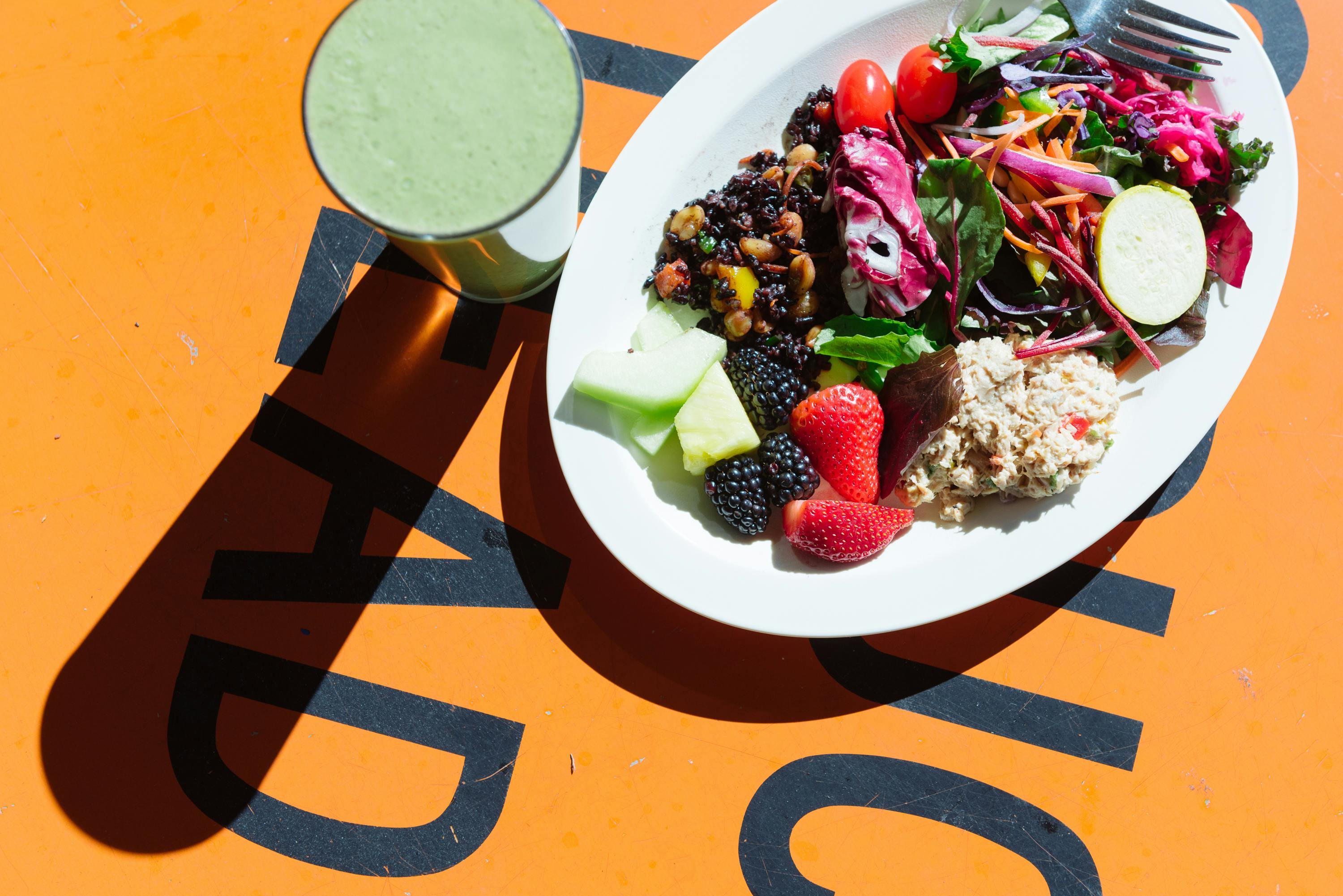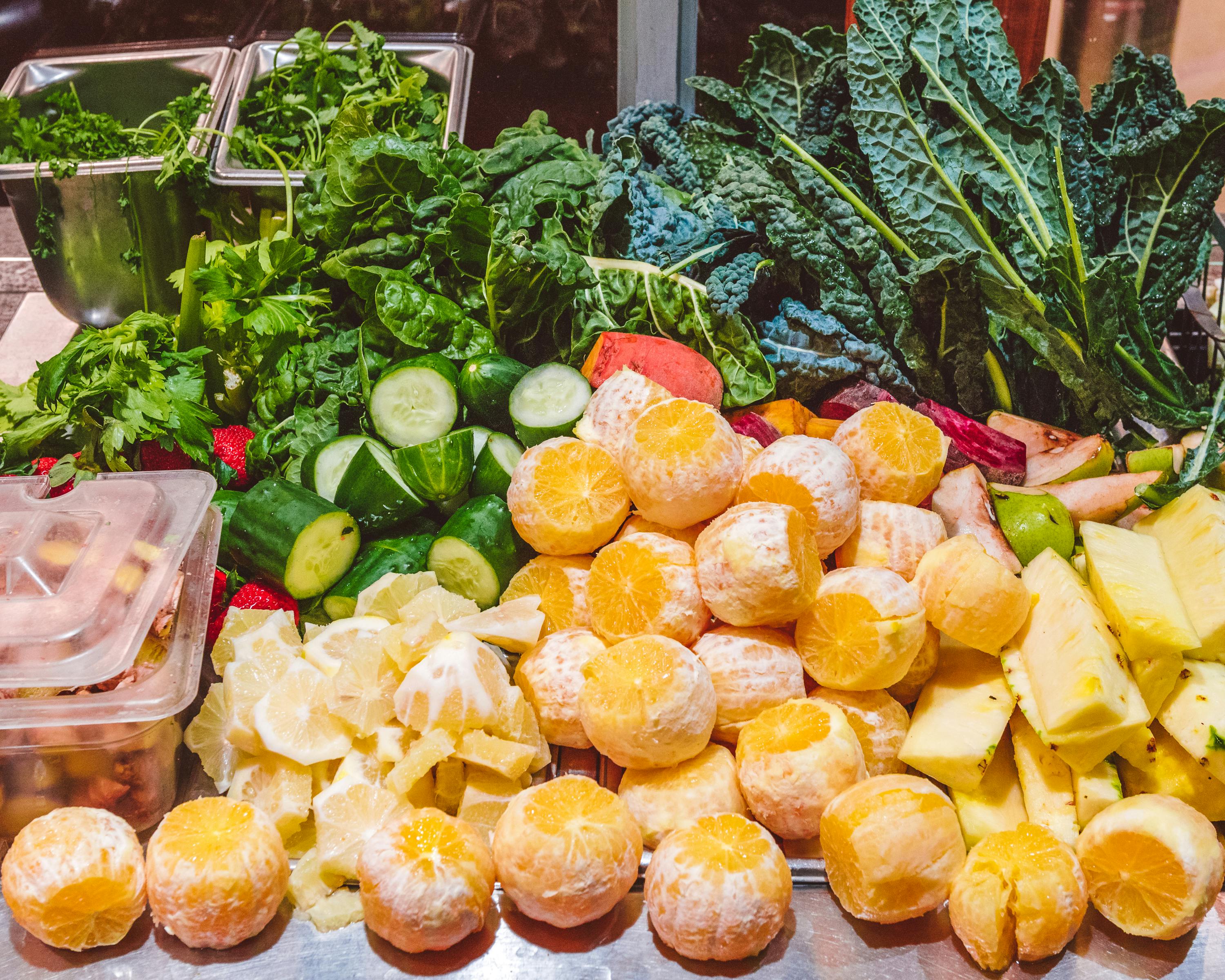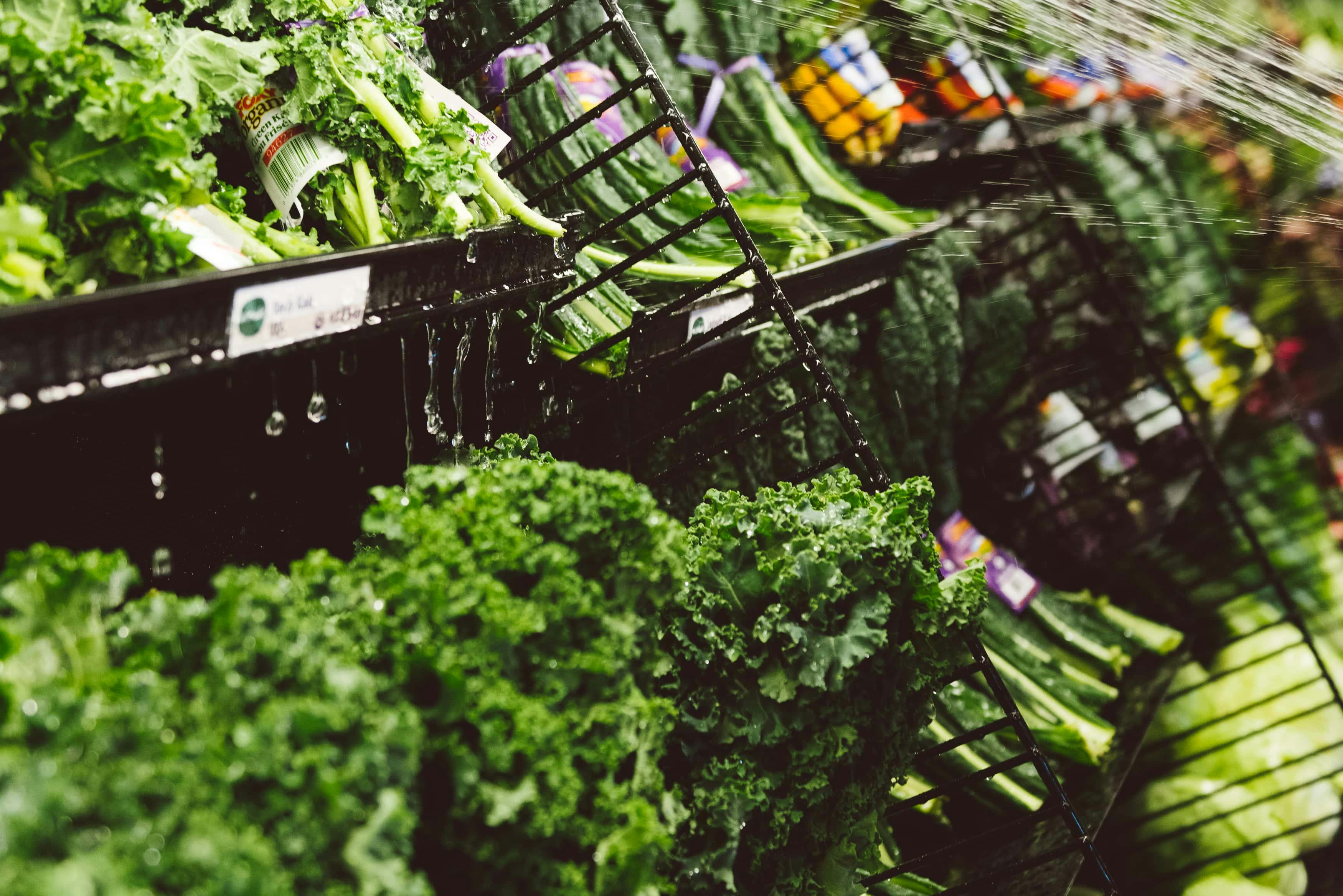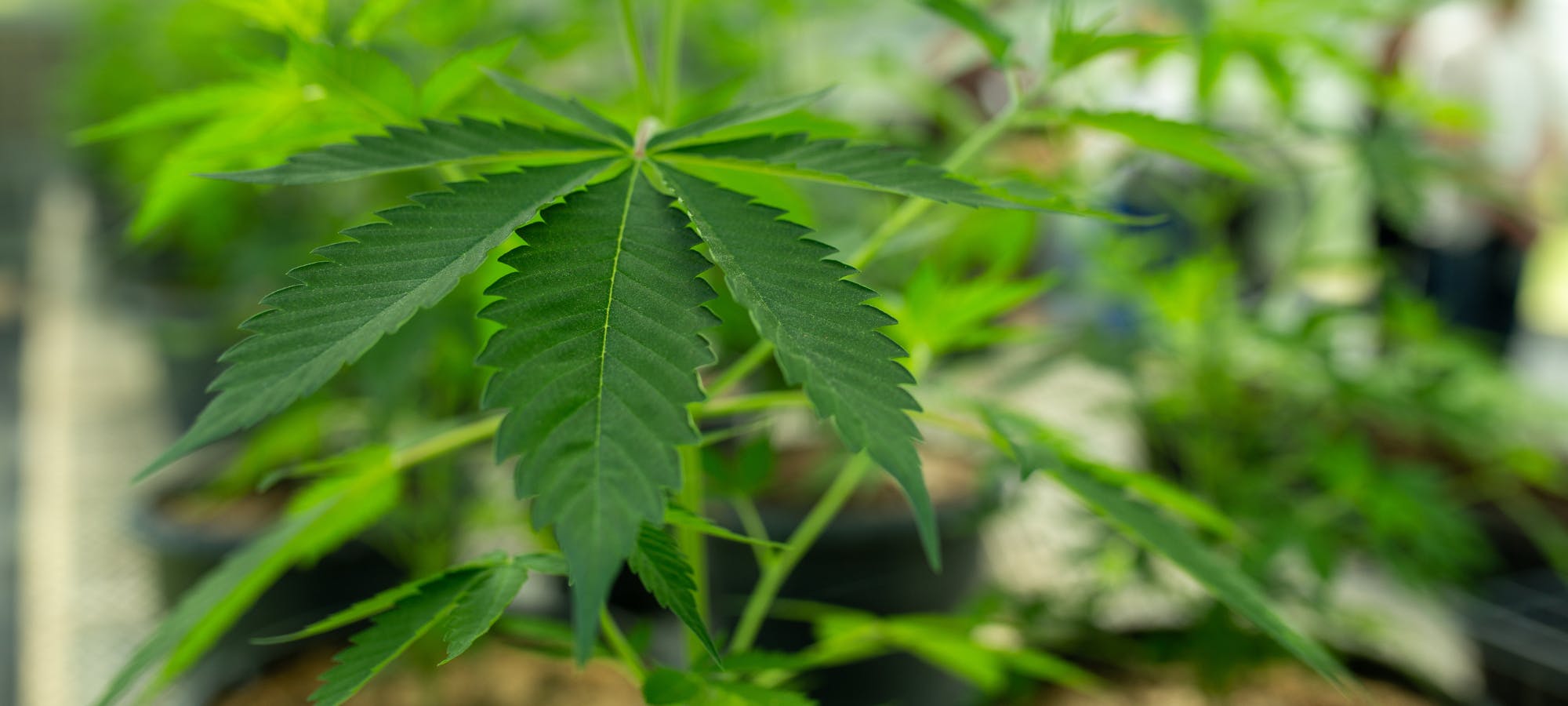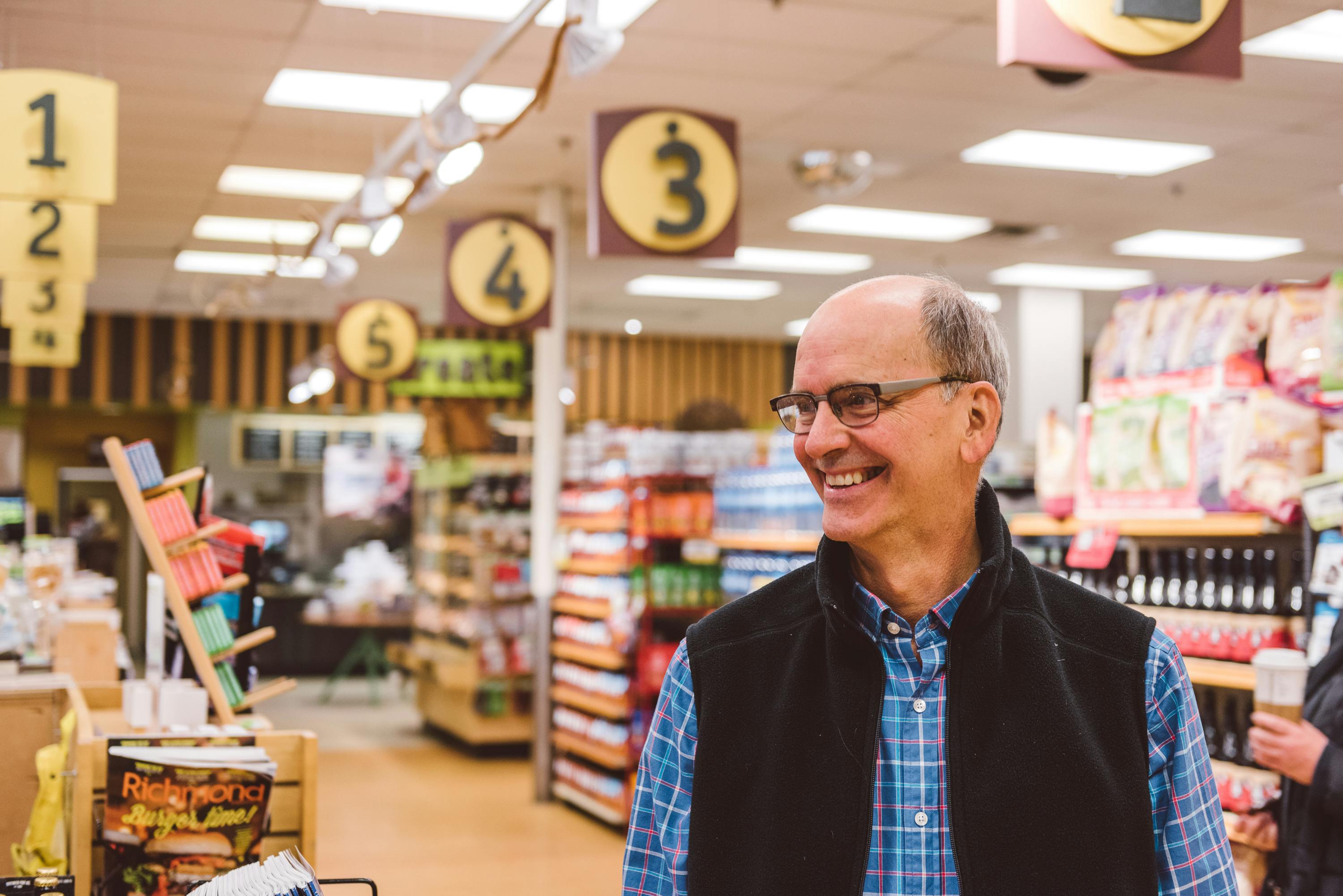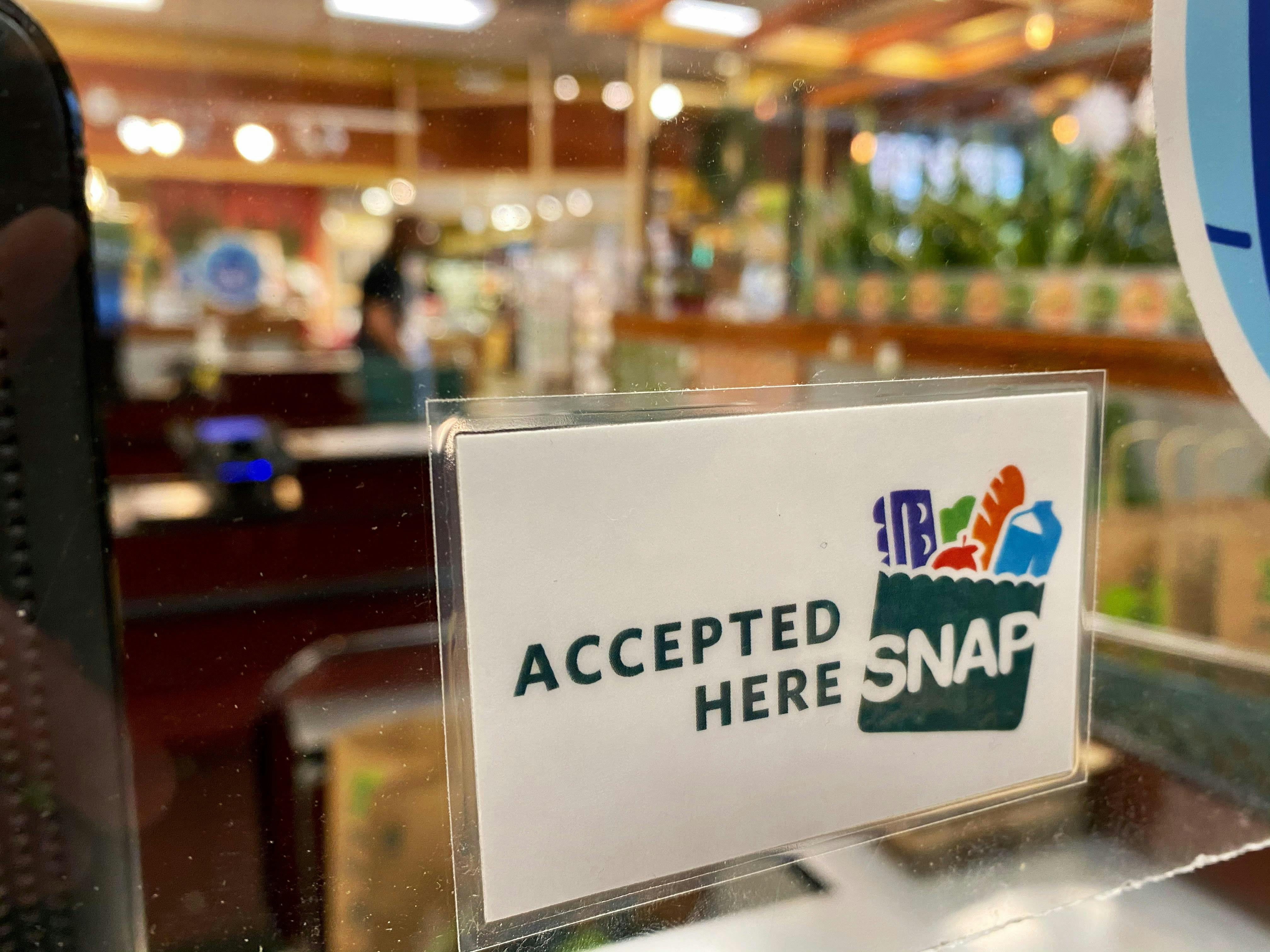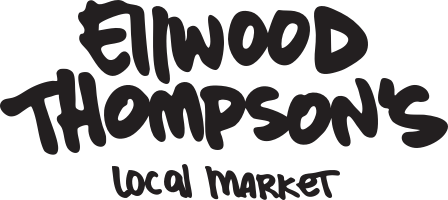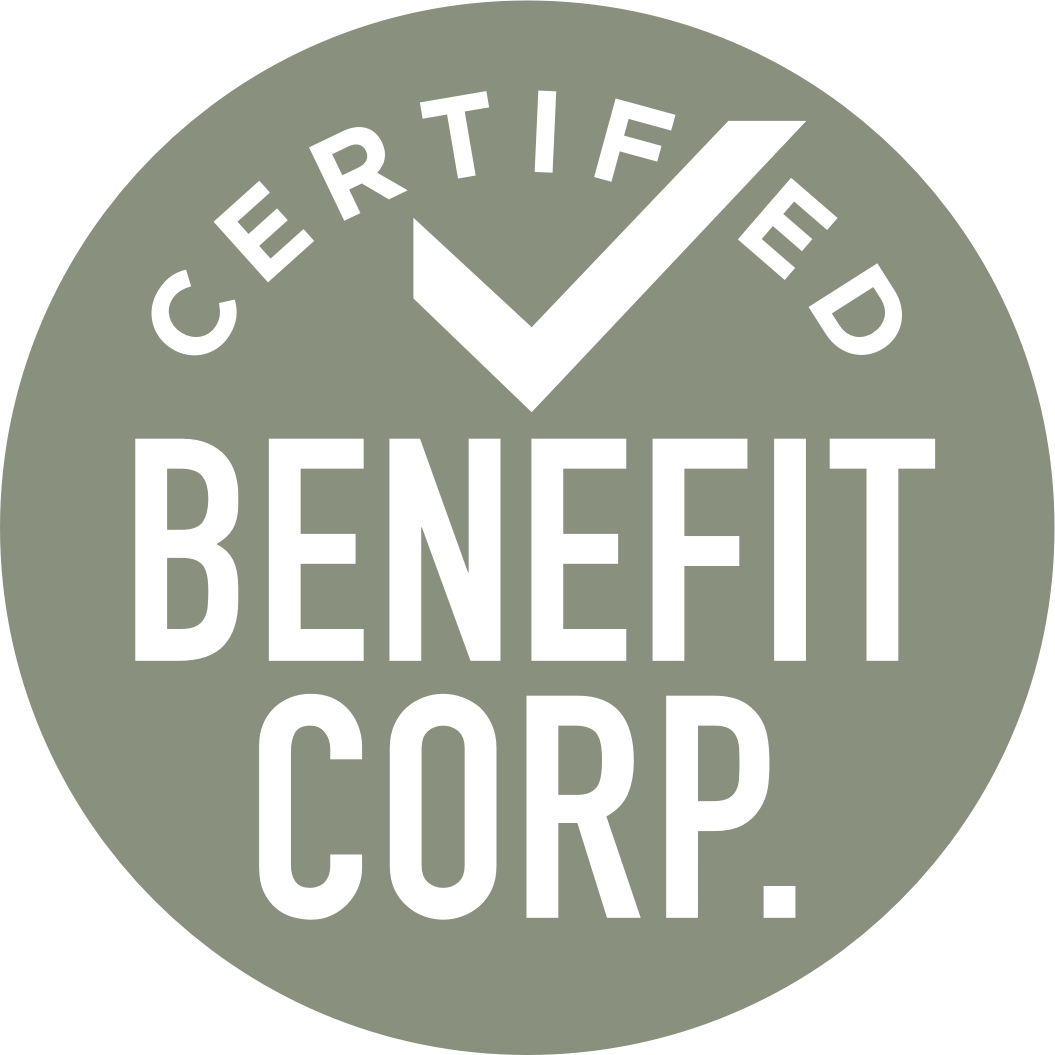By Kirk T. Schroder, Ellwood Thompson’s Food Advocate
Coming off the heels of a lawsuit that found that glyphosate, the primary ingredient in the weed killer “RoundUp”, causes cancer, the product’s maker, Monsanto, is facing even more public backlash. Public concern grows as glyphosate is being discovered in various foods and products popular with American consumers.
In a recent study by the Environmental Working Group, 28 popular oat-based cereals and other oat-based foods tested positive for glyphosate. The Environmental Working Group took samples from popular Cheerio and Quaker brand products, such as cereal, oatmeal, and children’s snack bars. Of the 28 samples, all 28 were found to contain glyphosate and all but two samples had levels of glyphosate above the Environment Working Group’s health benchmark of 160 parts per billion. The highest level of glyphosate found was 2,837 parts per billion (nearly 18 times higher than the health benchmark of 160 parts per billion), found in Quaker Oatmeal Squares breakfast cereal.
Glyphosate has caught the attention of most major research and regulatory bodies as a cancer-causing agent. For example, the International Agency for Research on Cancer has classified glyphosate as “probably carcinogenic.” Additionally the California Office of Environmental Health Hazard Assessment has listed glyphosate as “known to cause cancer.”
The USA Today has provided a list of breakfast products known to contain glyphosate. LiveLoveFruit also provides a list of products containing glyphosate, including food items such as oatmeal, orange juice, crackers, cookies, and ice cream. The list also includes non-food items such as tampons and non-organic cotton clothing products.
What are your options as a consumer to avoid glyphosate? Buying products with the Non-GMO Project Verified label guarantees a GMO-free product. Buying certified organic products offers a similar guarantee, although because glyphosate use is so rampant, some organic foods may contain residue of glyphosate from neighboring crops. Additionally, The Detox Project is launching an awareness campaign to make their glyphosate-free labels more mainstream.
